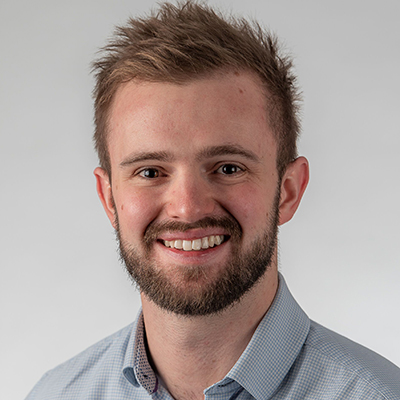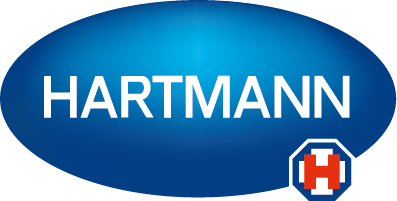James Glasbey

James is a Specialist Registrar in General Surgery (StR) and an NIHR Assistant Professor in Global Surgery at the University of Birmingham. He is an ambitious and collaborative researcher with an interest in global surgery, clinical trials, and surgical innovation.
Since 2012, he has worked in large international research groups to lead prospective cohort studies and randomised trials in high-priority topics to surgical patients. He is a co-lead of the CovidSurg collaborative which was awarded a Guinness World Record in 2021 for the world’s largest scientific collaboration.
He has published over 200 peer-reviewed publications (h-index: 43; i10-index: 107), is a co-applicant on grants totalling over £21 million to date including an NIHR career development award (£405,000) and sits on the national Health Technology Assessment (NIHR HTA) funding committee.
His PhD has been recognised in prestigious awards from RCS(Eng) (2024 Hunterian Professorship), RCS(Ed) (2023 Syme Medal) and the RSM (2022 Sylvia Lawler Medal). He has worked to advocate for trainees in both surgery and academia as an executive member of the UK Association of Surgeons in Training and the national Clinical Academic Training Forum.
Presentation at The SoTV/EWMA 2024 Conference, London
Surgical wound infection in the Global South: Influencing practice and policy through high-quality trials
Learning objectives
After attending this session, persons will be able to:
- To understand the challenges of delivering complex individual patient randomised trials in diverse settings
- To explore strengths and weaknesses of cluster randomised trials in perioperative care
- To explore quality assured methods for remote wound evaluation in the Global South
- To highlight the power of the global collaborative movement
Abstract
This session we will explore data from two global randomised trials in surgical site infection prevention published in the Lancet in 2021 and 2022. FALCON (N=5788 patients) was a 2 × 2 factorial, randomised controlled trial stratified by whether surgery was clean-contaminated, or contaminated or dirty, including patients undergoing abdominal surgery with a skin incision of 5 cm or greater.
This trial was undertaken in 54 hospitals in seven countries (Benin, Ghana, India, Mexico, Nigeria, Rwanda, and South Africa). Patients were computer randomised 1:1:1:1 to: (1) 2% alcoholic chlorhexidine and non-coated suture, (2) 2% alcoholic chlorhexidine and triclosan-coated suture, (3) 10% aqueous povidone–iodine and non-coated suture, or (4) 10% aqueous povidone–iodine and triclosan-coated suture.
ChEETAh (13301 patients, 81 hospitals) was a multicentre, cluster randomised trial in seven low-income and middle-income countries (Benin, Ghana, India, Mexico, Nigeria, Rwanda, South Africa). Any hospitals (clusters) doing abdominal surgery in participating countries were eligible. Clusters were randomly assigned to current practice (42) versus intervention (39; routine change of gloves and instruments before wound closure for the whole scrub team).
Together, these trials highlight important considerations in trial design, outcome assessment, evidence synthesis, and policy change with broad reference to the wound care community. Most of all, they demonstrate the ability of empowered perioperative clinicians and nurses to deliver huge trials for patient benefit ahead of time and target, even during periods of external system stress such as COVID-19.














